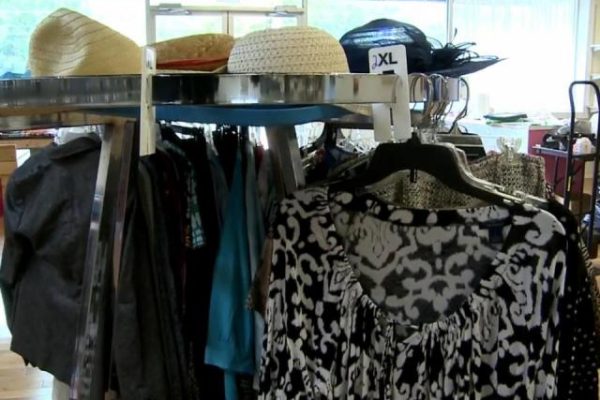Dealing with plumbing issues can be both frustrating and expensive. However, by taking proactive steps and implementing preventive plumbing care, you can minimize the risk of costly repairs, water damage, and inconvenience. In this blog post, we will discuss essential measures you can take to avoid plumbing issues and maintain a healthy plumbing system.
Regular Inspections:
Regular plumbing inspections are crucial for identifying potential issues before they become major problems. Hire a professional plumber to conduct thorough inspections of your plumbing system at least once a year. They can check for leaks, corrosion, clogs, and other signs of damage. Early detection allows for prompt repairs, preventing small issues from escalating into costly emergencies.
Fix Leaks Promptly:
Even a small leak can waste a significant amount of water and lead to further damage over time. Keep an eye out for any signs of leaks, such as water stains, dripping sounds, or unusually high water bills. If you notice a leak, no matter how minor, address it promptly. Repairing or replacing worn-out seals, valves, or pipes can save you from more extensive repairs and water damage down the line.
Be Mindful of Drain Usage:
Preventive care includes being mindful of what goes down your drains. Avoid pouring grease, oil, coffee grounds, or large food scraps down the kitchen sink. These can accumulate in the pipes and cause clogs. Use drain strainers to catch hair, soap residue, and other debris in bathroom drains. Regularly clean these strainers to prevent buildup. By practicing good drain habits, you can reduce the risk of clogs and keep your plumbing system flowing smoothly.

Maintain Water Pressure:
High water pressure can put excessive strain on your plumbing system, leading to leaks, bursts, and premature wear and tear. Install a pressure regulator or have one checked if you already have one. The regulator will ensure that the water pressure remains within the safe range (typically between 40 to 80 psi). Properly maintained water pressure helps extend the lifespan of your plumbing system and prevents unnecessary repairs.
Insulate Exposed Pipes:
In colder climates, freezing temperatures can cause pipes to burst, resulting in extensive water damage and costly repairs. Insulate exposed pipes, especially those in unheated areas such as basements, crawl spaces, and attics. Insulation sleeves or wraps can help protect pipes from freezing during winter. Additionally, during extremely cold weather, open cabinet doors under sinks to allow warm air to circulate around the pipes.
Practice Water Conservation:
Conserving water not only benefits the environment but also helps prolong the life of your plumbing system. Install low-flow fixtures, such as faucets, showerheads, and toilets, to reduce water usage. Encourage family members to take shorter showers and turn off the tap while brushing their teeth or lathering up. Fix any leaks or drips promptly, as they can waste a significant amount of water over time. By practicing water conservation, you not only save on utility bills but also reduce strain on your plumbing system.
Educate Household Members:
Ensure that everyone in your household understands the importance of preventive plumbing care. Educate family members about good drain habits, water conservation, and what to do in case of emergencies. Teach them how to shut off the main water supply and where to find shut-off valves for individual fixtures. By fostering awareness and cooperation, you can collectively maintain a healthy plumbing system and prevent costly issues.
Conclusion:
Taking proactive steps and implementing preventive plumbing care can save you from costly repairs, water damage, and inconvenience with the help of the best plumbing service. By conducting regular inspections, addressing leaks promptly, being mindful of drain usage, maintaining water pressure, insulating exposed pipes, practicing water conservation, and educating household members, you can maintain a healthy and efficient plumbing system. Remember, investing in preventive care now can save you from future plumbing emergencies and expenses.





